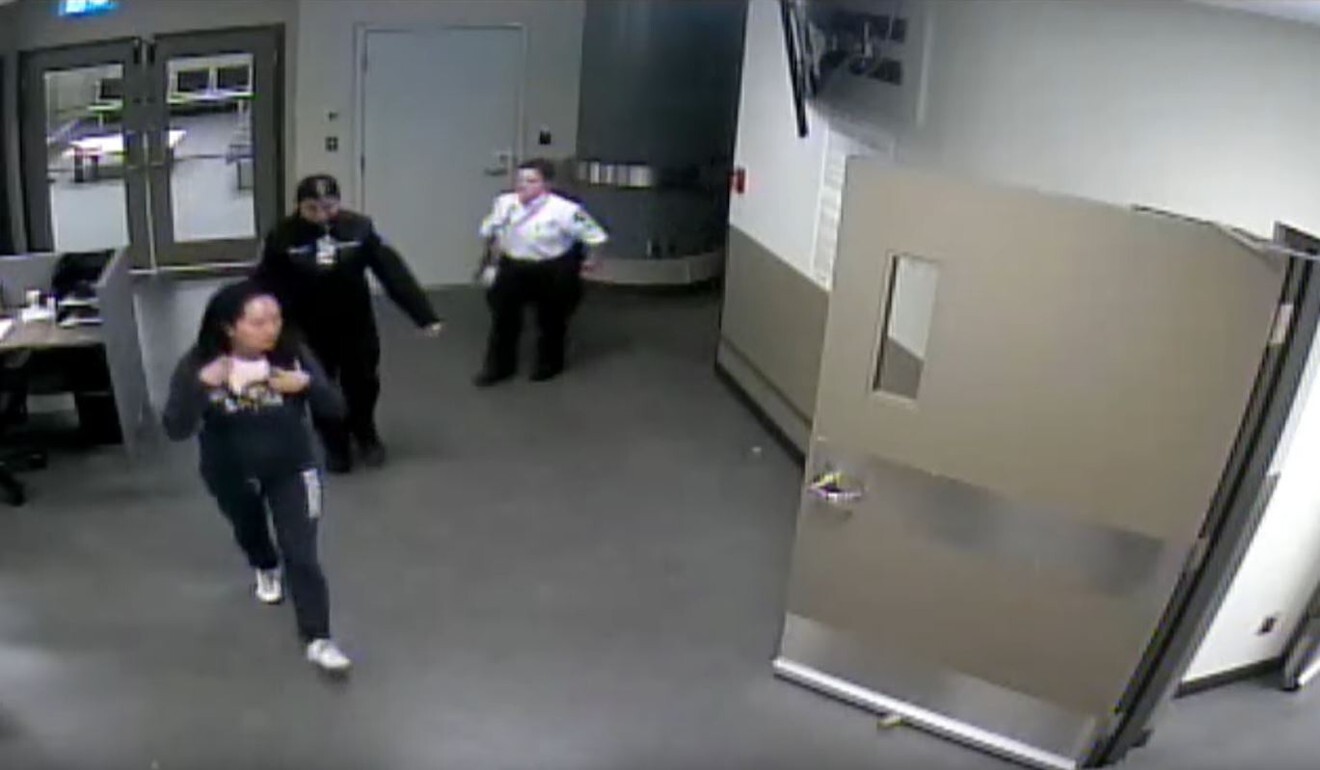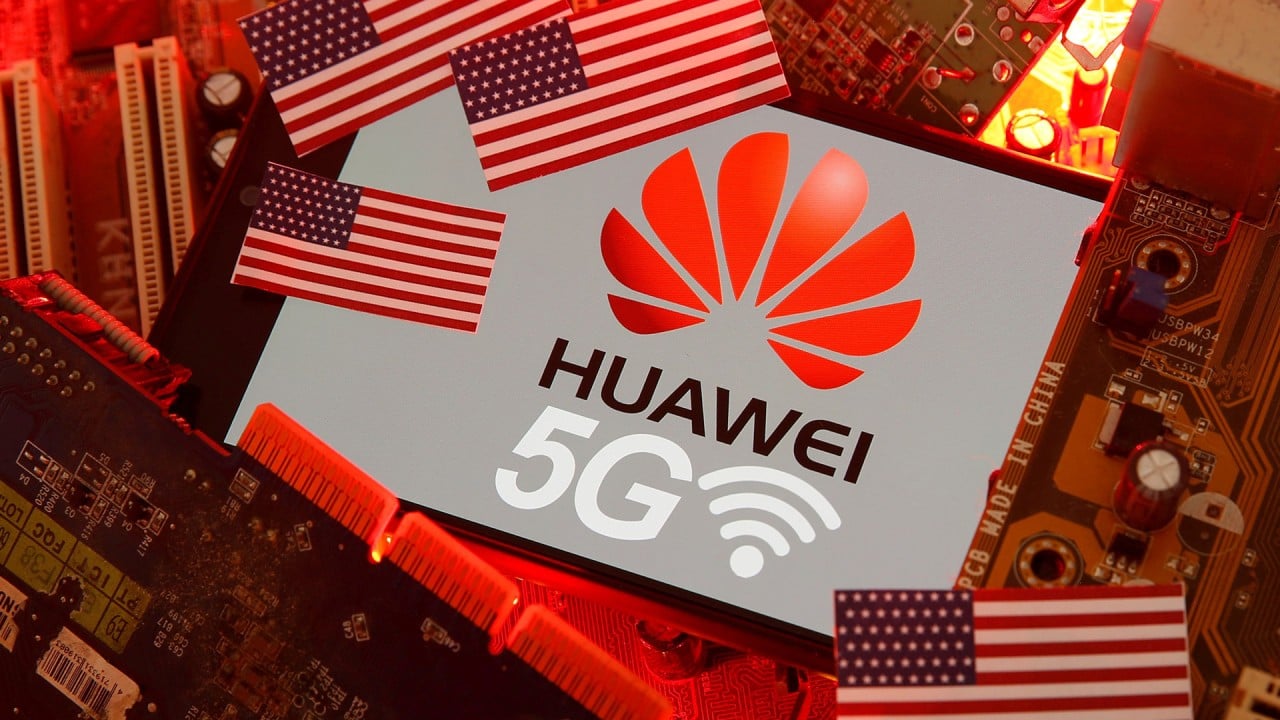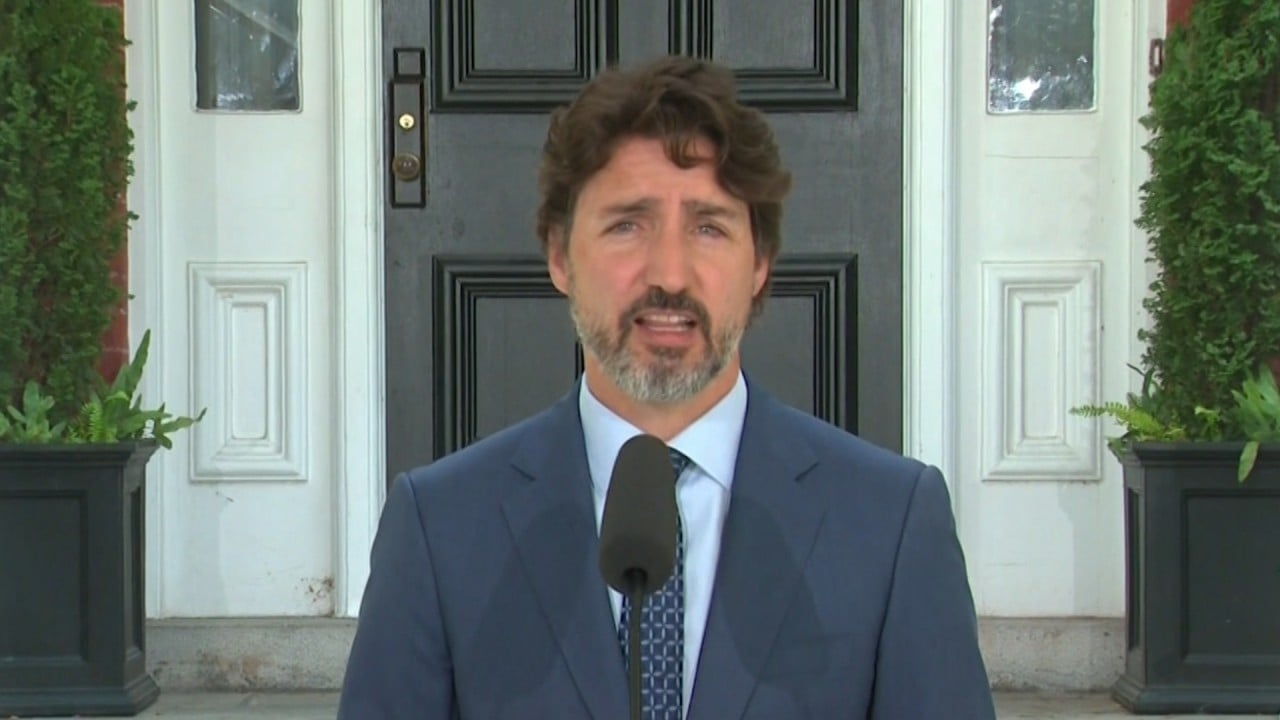
Canadian officer who arrested Huawei’s Meng Wanzhou said she might have put up fight, but boss said there were ‘no safety concerns’
- Constable Winston Yep had testified that safety considerations helped sway a decision not to arrest Meng aboard plane after arrival in Vancouver
- But Meng’s lawyers say the delay was part of a plot to gather evidence against her, and they questioned Yep about whether safety concerns existed
The Huawei executive’s legal team resumed their cross-examination of Royal Canadian Mounted Police (RCMP) Constable Winston Yep as they attempt to prove Meng was the victim of a covert operation designed to gather evidence against her at the command of US prosecutors.
They claim her three-hour pre-arrest detention at Vancouver’s airport on December 1, 2018, during which she was questioned by border officers who seized her electronic devices and passwords, violated her Canadian Charter rights and breached the terms of a warrant which said she should be arrested “immediately”.
A US extradition request for her to be sent to New York to face trial for fraud should be thrown out as a result, they say.

The extradition case is being heard before Associate Chief Justice Heather Holmes in the Supreme Court of British Columbia in Vancouver, where Yep on Monday became the first witness in the case.
He told the court that the decision not to arrest Meng until after she got off her flight from Hong Kong was partly made on safety grounds because he did not know whether she would resist on the plane or if she was travelling with bodyguards. He said he understood the order to arrest Meng “immediately” to mean “as soon as practical”.
As he continued his questioning of Yep on Tuesday, Meng’s lawyer Richard Peck presented the officer with a November 30, 2018, email from one of Yep’s superiors, Staff Sergeant Peter Lee, that described the RCMP going on the plane to arrest Meng. That was a “suggestion”, said Yep.
I can’t speak for what he meant by that. He’s not the one doing the arrest … I never indicated there [weren’t] officer safety concerns
Lee had also written to another officer, further up the chain of command, that there were “no officer safety concerns” about the impending arrest. But Yep said he did not agree with that assessment.
“I can’t speak for what he meant by that. He’s not the one doing the arrest,” said Yep. He added: “I never indicated there [weren’t] officer safety concerns … I wouldn’t know why he wrote that.”
Lawyers for Meng claim the decision to let border officers question her before the arrest three hours later was deliberately intended to aid US prosecutors by gathering evidence for their case without a lawyer present.
Canadian officer feared Meng Wanzhou ‘would put up a fight’ during arrest
Instead of Canada Border Services Agency (CBSA) officers initially intercepting Meng, “you could easily have arrested her as she stepped off the plane onto the jetway”, thereby preserving Meng’s charter rights, Peck told Yep.
But Yep disagreed. The airport was the jurisdiction of the CBSA, he said, and public safety had to be taken into account.
He added: “I said, ‘You guys [CBSA] take the lead. You do what you have to do’.”
In Monday’s cross-examination, Peck repeatedly questioned whether safety considerations about arresting Meng truly existed, asking Yep if it was something that “just popped into your head” on the witness box.
Yep, who earlier testified that he was not aware who Meng was before receiving the warrant on November 30, said he did not know what she was capable of, or who she might be travelling with.

05:22
Huawei founder on cybersecurity and maintaining key component supply chains under US sanctions
Peck took issue with a section of an affidavit signed by Yep on November 30, in support of the US request for the arrest warrant.
Yep’s affidavit said Meng “appears to have no ties to Canada”, and this supported the need to arrest her to prevent her escaping the country. Yet she owned two houses in Vancouver and at one point held Canadian residency.
Yep said he took no steps beyond reading the US request documents to confirm details in the affidavit, which had been prepared for him to sign at the Department of Justice office in Vancouver about 4.30pm.
But a few hours later, Yep was told about Meng’s Vancouver homes, he testified; he could not recall exactly who told him but he believed it may have been a CBSA officer. The next morning, Yep attended a pre-arrest meeting with other RCMP and CBSA officers, and notes about the meeting said he was told the CBSA “knew she had a couple of homes in Vancouver and they were trying to determine her immigration status”.
“It was an error on my part [to swear] that she didn’t have ties to Canada,” said Yep. “I didn’t write that in there … it should not have been in the affidavit.”
Meng Wanzhou loses bid to see Canada-US emails about her arrest
Peck asked why “alarm bells” did not go off in Yep’s mind, after having sworn Meng had no connections to Canada, but later learning that Meng owned homes in Vancouver, and her immigration status was unclear. “It didn’t cross my mind at the time,” said Yep, again calling it “an error on my part for not catching that.”
Beijing subsequently arrested Canadians Michael Spavor and Michael Kovrig, accusing them of spying, but in Canada their situation is widely seen as hostage-taking.

01:27
Spy case against two Canadians in China for 'political gains', says Trudeau
She is under partial house arrest in Vancouver, living in one of her two homes in the city. Her extradition proceedings are scheduled to last well into next year, but appeals could extend the process much longer.
Huawei said in a statement on Monday that Meng’s lawyers would “probe the extent to which the Trump administration directed RCMP and CBSA officers to engage in a deceptive and improper search, thereby violating a court order and Ms Meng’s Charter rights”.
The border officers who questioned Meng and seized her devices before handing her off to Yep are expected to be called as witnesses this week.
Holmes adjourned the hearing until Wednesday morning, when Peck will conclude his cross examination of Yep.

